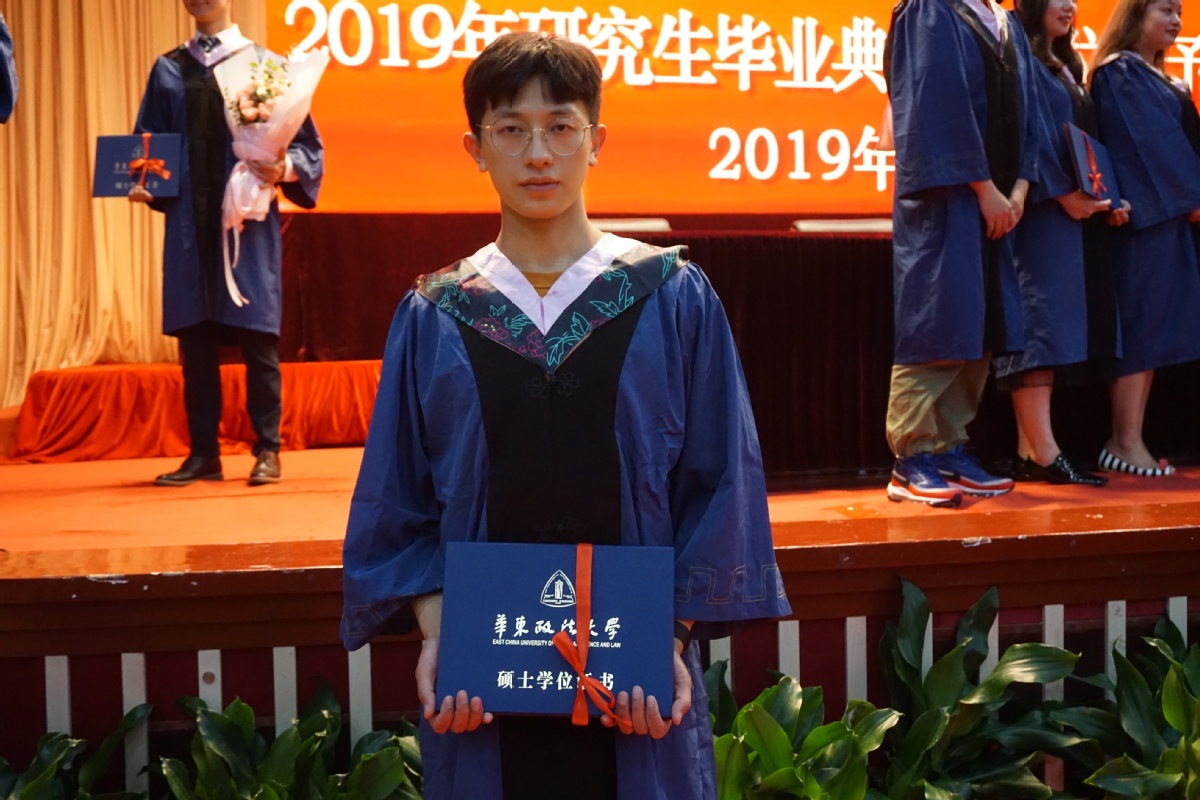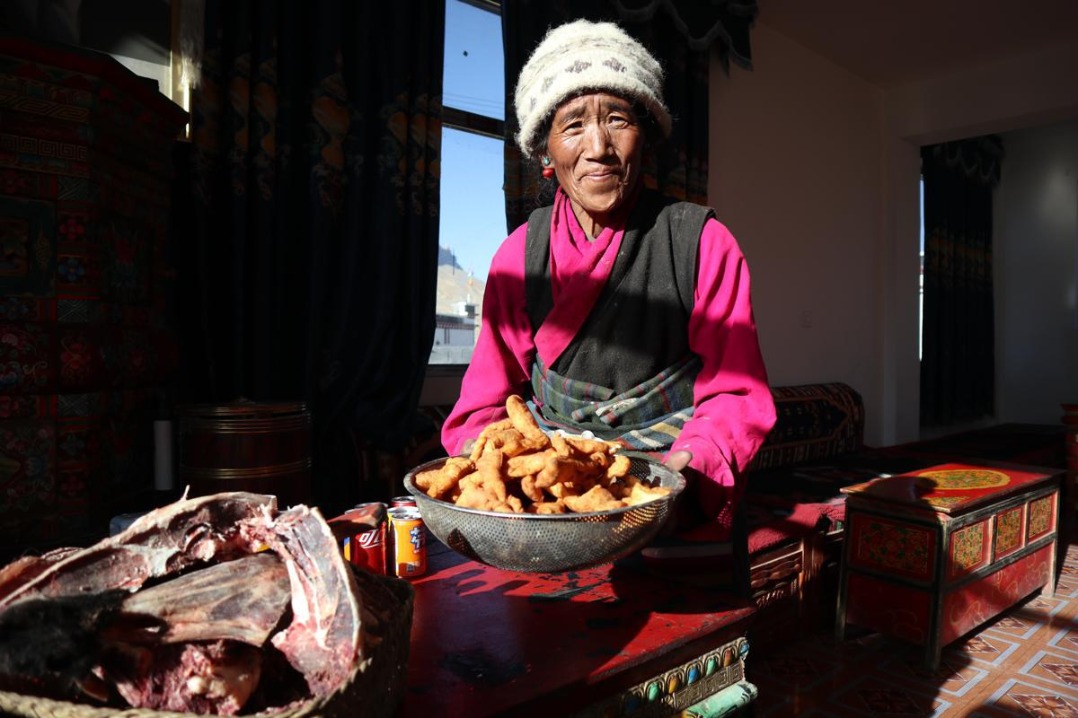Reformed man wins fame as 'Mr. Average'


Having overcome a checkered past, one new star is proving that perseverance can really pay off. Zhang Yangfei reports.
Ding Hui became famous for being ordinary. On Sina Weibo, China's Twitter-like service, netizens dubbed the 30-year-old "a representative of ordinary migrant workers" after he appeared on a reality TV show called The Exciting Offer.
On the show, the Jiangsu province native and seven other candidates vied for an internship at JunHe, one of Shanghai's most prestigious law firms.
At the end of the show's run, the two best-performing candidates had to battle it out to win full-time jobs by completing a series of assignments.
The first episode documented the interview process. Some of the candidates demonstrated strong educational backgrounds, including two graduates of Georgetown University Law School in the United States, one from the China University of Political Science and Law in Beijing, the country's top law school, and one from Stanford University.
Their flashy resumes allied to experience gained in courts or well-known law firms prompted some netizens to joke that the show should really be called The Inferiority-inducing Offer.
Ding was an exception as he had a bachelor's in cultural industry management from Changshu Institute of Technology, a second-tier school in Jiangsu. His first full-time job was in sales, and he did it for a year before applying to study for a master's at East China University of Political Science and Law in Shanghai.
When he read through Ding's resume, Shi Xinyue, one of the law firm's partners, commented: "Your resume is interesting. We don't receive this kind very often."
Then he fired the question: "Your first degree was not law. Your first university was not prestigious. You are the oldest of today's candidates and your resume is not as impressive (as theirs), so what reason would we have to choose you?"
Although Ding did earn a place on the show, he clearly did not win the four partners' favor. He ranked last in the interview stage and was quickly eliminated after the first round of challenges.
Despite that failure, he won a huge fan base, gaining more than 580,000 followers on his Weibo account, because many people said his "everyman" persona represented "ordinary people".
Humble beginnings
Ding was born in a village in Taixing, Jiangsu. His mother died when he was 8-months-old, while his father worked at a steel pipe factory and barely had time to look after him.
As a result, he was brought up by his grandfather. After secondary school, he became rebellious and began to mingle with delinquents.
He moved out from home, spent nights at internet bars playing video games, found a girlfriend and regularly got involved in group fights.
"No one at home could control me. I felt there was no point in studying. I had no idea or plans for university or the future whatsoever. I just felt that I could go out, surf the internet and have fights while my girlfriend was yelling for me from the sidelines. That felt cool enough," he recalled.
"To be honest, my dad was quite disappointed with me. He and I barely talked. Actually, I refused to talk to him at the time."
Eventually, Ding scraped through the gaokao, China's national college entry exam, but he still had no idea which university or major to choose. He consulted one of his teachers, who advised him to go to the south of the province, where the economy was better. He also chose his major at random.
"I look ordinary. I come from an ordinary family. My scores were ordinary. So it was no surprise that I ended up at an ordinary university," he said.
His university life was not much different from high school, with no focus on academic performance. He felt happy enough to have entered a university and had no high expectations for the future.
"I was thinking about working in sales, because people always say success starts in sales. Now, looking back, I think I simply found an excuse not to work hard," he said.
A degree from a second-tier university didn't make for smooth job hunting. All the good companies, including some graduate management programs, turned him down, and many didn't even offer him an interview.
He finally received an offer to work as a low-level sales assistant, but after a year he was worn out from drinking too much during dinners with clients and conflict with colleagues. He described the period as "days spent drinking, nights spent watching TV" with no goals or passion in life.
His girlfriend often complained that he was too idle, and one day she left him. The shock prompted Ding to get a better education, so he quit his job and stayed at an aunt's home to prepare for the graduate entrance exam.
In December 2015, two months before the exam, he locked himself in his room and studied from about 9 am to 2 am or 3 am.
"I had never worked so hard. I was determined to succeed. There was no turning back. I didn't give a single thought about what I would do if I failed," he said.
- Ex-Gansu vice-governor convicted of bribery, insider trading
- Shenzhen's innovative companies display their latest tech and products to a global audience
- Beijing slams Tokyo's security documents revision plan
- China's central bank signals flexible policy tools to guide financial growth
- New minerals discovered in the world's largest rare earth deposit
- Employers encouraged to enrich workers' cultural, sports, entertainment activities





































